Inside Facts

Smoking cessation and reaching/maintaining a healthy body weight may help to reduce GERD symptoms.
Learn more about gastroesophageal reflux disease.
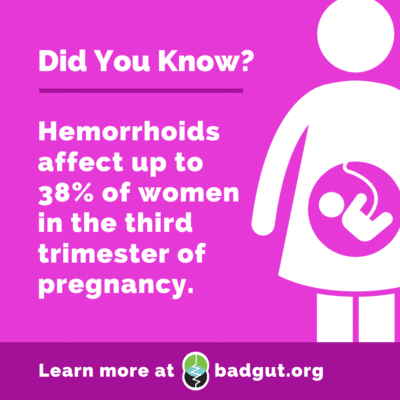
Hemorrhoids affect up to 38% of women in the third trimester of pregnancy.

Contrary to old beliefs, neither eating spicy food nor living a stressful life cause ulcers.
Learn more about ulcer disease.
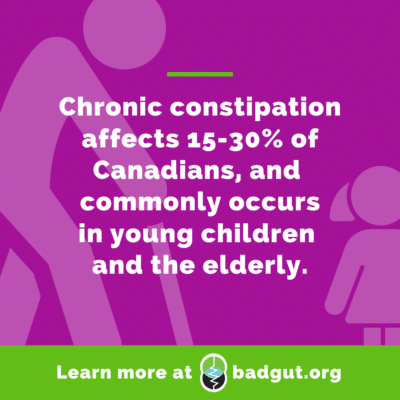
Chronic constipation affects 15-30% of Canadians, and is commonly found in young children and the elderly, occurring more frequently in females than in males.
Learn more about constipation.
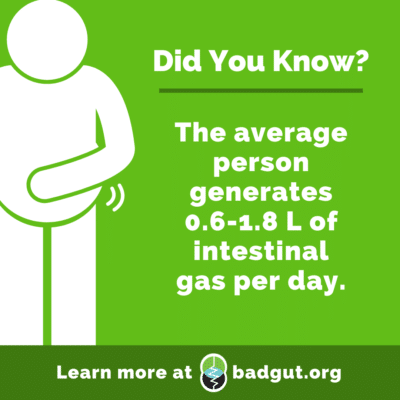
The average person generates 0.6-1.8 L of intestinal gas per day.
Learn more about intestinal gas.

An estimated 6% of Canadians will develop colorectal cancer, half of whom will not experience any symptoms until advanced stages of the disease.
Learn more about colorectal cancer.

Only 1 in 5 Canadians undergo a colonoscopy, an important screening tool that can detect colorectal cancer.
Learn more about colorectal cancer.
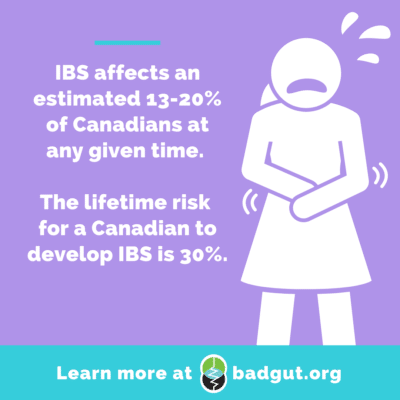
IBS affects an estimated 13-20% of Canadians at any given time. The lifetime risk for a Canadian to develop IBS is 30%.
Learn more about irritable bowel syndrome.
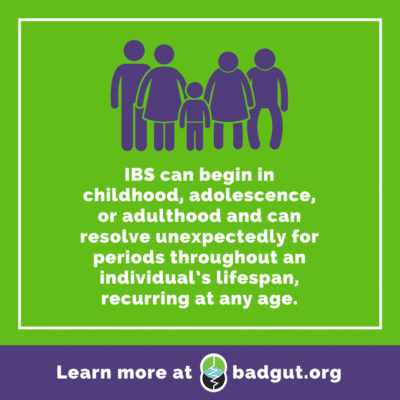
IBS can begin in childhood, adolescence, or adulthood and can resolve unexpectedly for periods throughout an individual’s lifespan, recurring at any age.
Learn more about irritable bowel syndrome.
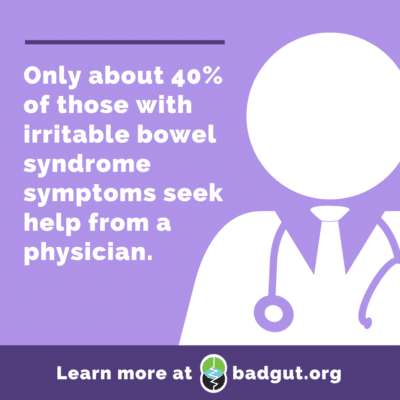
Only about 40% of those who have irritable bowel syndrome (IBS) symptoms seek help from a physician.
Learn more about irritable bowel syndrome.
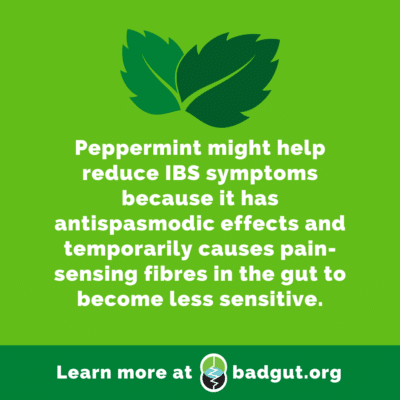
Peppermint might help reduce IBS symptoms because it has antispasmodic effects and temporarily causes pain-sensing fibres in the gut to become less sensitive.
Learn more about irritable bowel syndrome.
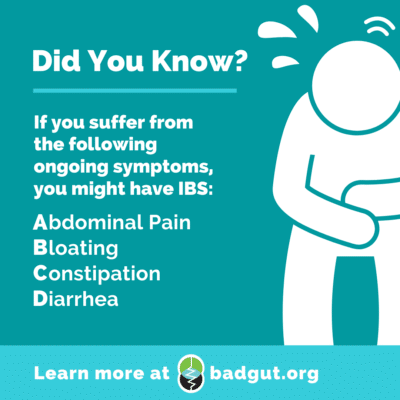
If you suffer from the following ongoing symptoms, you might have IBS:
Abdominal Pain
Bloating
Constipation
Diarrhea
Learn more about irritable bowel syndrome or take the 30-second IBS Test.

